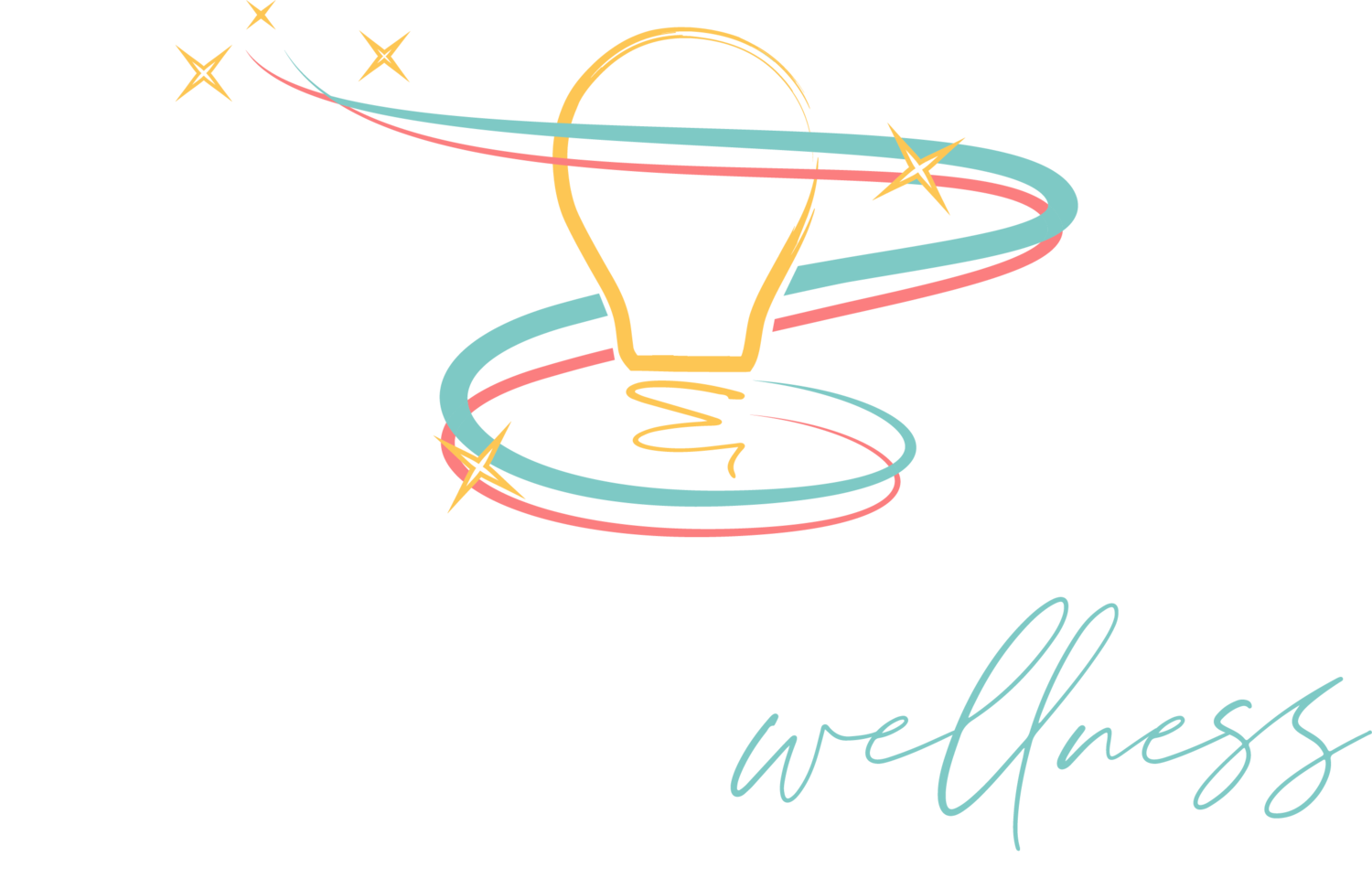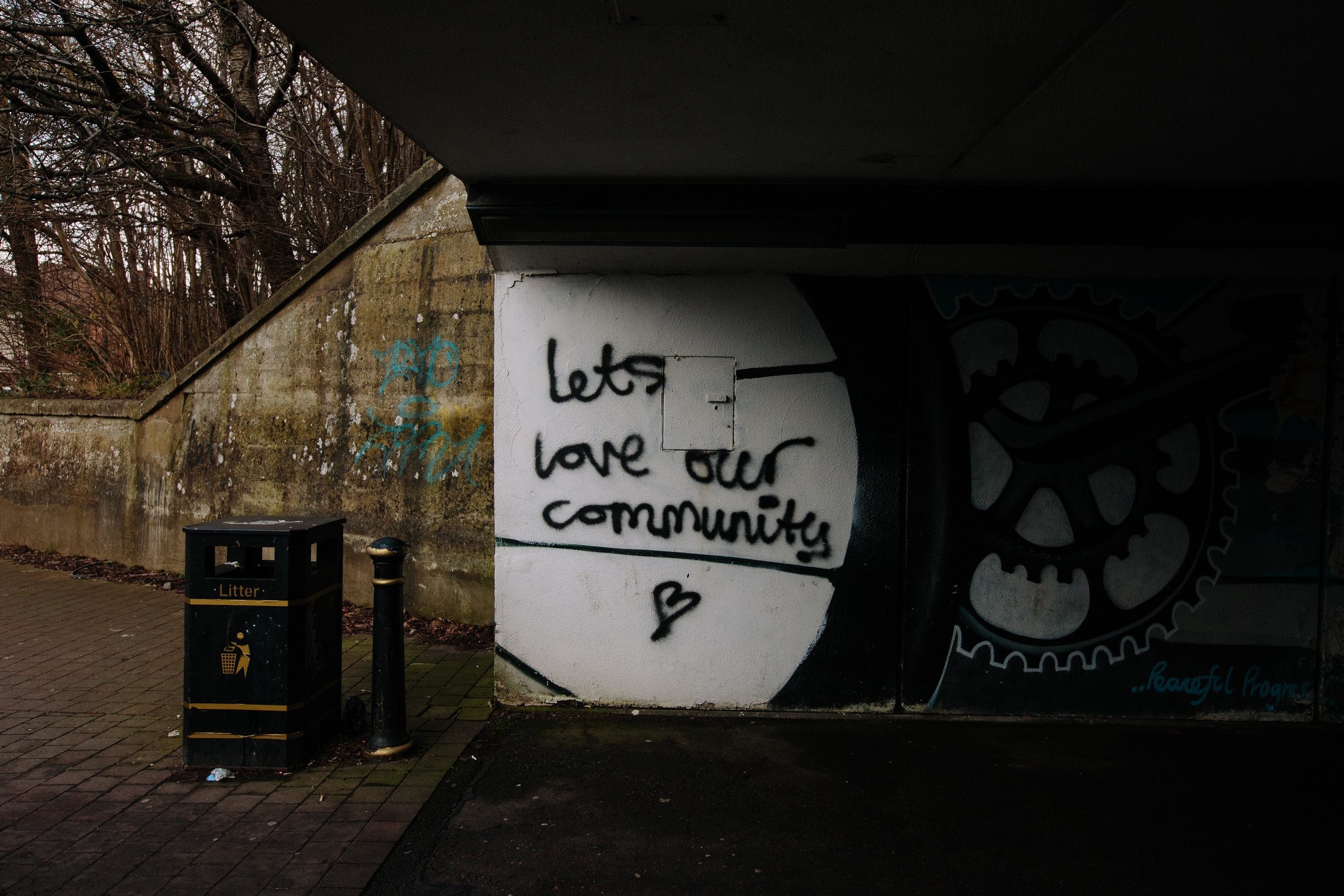A Prize Winning Effort to Build a Culture of Health
In 2018, Klamath County received some pretty amazing news...after a long application process led by our friends at Klamath County Public Health, Sky Lakes Medical Center, and others, we got word that Klamath is a 2018 WINNER of the Robert Wood Johnson Culture of Health Prize. This prize is awarded to communities that are "building a culture of health"- in other words, actively and constructively working to improve the health of a community. This prize does not go to the healthiest community- rather, it goes to communities that are knee deep in the hard work of building a culture of health, and changing the tides of collective wellbeing.
Population health outcomes are exceedingly hard to change, because of just how societally and genetically embedded the factors that predict our wellbeing are. As a medical sociologist, I use the paradigm of structural and social factors in health to work alongside college students and groups in my local community, applying the "sociological imagination" to local issues. We work with people from different "sectors"- business, healthcare, social services, education, and government. We help brainstorm as a member of various "coalitions" or groups of people who are dedicated to a common cause. As a resident of Klamath County from 2012-2018, this included issues such as improving graduation rates (Klamath Promise), ending child hunger (Child Hunger Coalition), and building a healthier community (Healthy Klamath). Applied medical sociologists like me also work directly for organizations such as the Food Bank, doing research by way of gathering local data that can be used to support the missions of organizations working on food issues in the county.
The Culture of Health Prize got me thinking about some sociological concepts: culture, norms, values, beliefs, sanctions, and deviance to name a few. In sociology, concepts can be abstract until they are applied to the real world, where they start to make a lot of sense. We do not always view our society sociologically, from the view of outside observer, but this is possible when we develop the sociological imagination.
Culture is a way of life for a given group of people. Culture includes the things we say, eat, do, and how we perceive the world. Communities in Klamath county have an agriculture culture, also a ranching culture, along with an emphasis in some areas on religion, with many churches around, and it's part of the culture here to value both self sufficiency and a sense of community.
Every culture has certain norms that are specific to its people, and these norms can vary based on the location. Norms are the expected ways of acting in certain situations. There may be different norms for you at work, home, and school. You may even have a partner or spouse whose family has different norms than yours. If you break norms, you will receive negative sanction, and will be considered deviant. Deviance does not mean being a criminal or delinquent or bad! It just means you are going against the grain. If the norm is cigarette smoking for your peers, and you quit, you are deviating from the norm. You may even receive negative sanctions (people giving you a hard time) if you deviate from your family by going vegan (not eating animal products)! In Klamath, policies to make it harder for young kids to smoke cigarettes are changing the norm (where it's easier for teens to buy cigs); and programs like Produce Connection which gives away free fruits and veggies are changing the norm, and the stereotype that economically struggling people eat unhealthy convenience foods.
Values and beliefs are part of culture too. Values are things that people think are good. You may value family, doing well in school, religion, and your health. Klamath has shown that we value education and investing in recreation. Beliefs are things people think are true. If you have the belief that you can do anything you set your mind too, or that you can change your lifestyle, you will be more likely to start and sustain making those healthy changes. For example, at the Sky Lakes Live Young Wellness Center, people who go through the doors are not treated with conventional treatments only- they also participate in classes designed to reduce stress, teaching healthy cooking and shopping, and increase physical activity. People are assessed about their beliefs and willingness to change before they even start their program.
Beliefs are powerful.
Population Health Management students enjoy a view of Klamath Lake from the Oregon Tech campus in Klamath Falls, Oregon.
All of these changes at the local level are examples of structural or social factors in health. Social factors are things such as your location, education level, and economic standing that could impact your health. Structural things are parts of the community such as availability of recreation, healthy food, and organized community groups that can also impact community health. What an interesting time to study sociology and population health in Oregon! If your appetite for this kind of thing is wetted, find out more about Oregon Tech’s Population Health Management Programs. And if you have an idea on how to improve collective wellbeing and are not sure where to start or how to move forward, reach out to Widespread Wellness- we want to help you get unstuck and enable you to take action in the movement to make wellness contagious.






